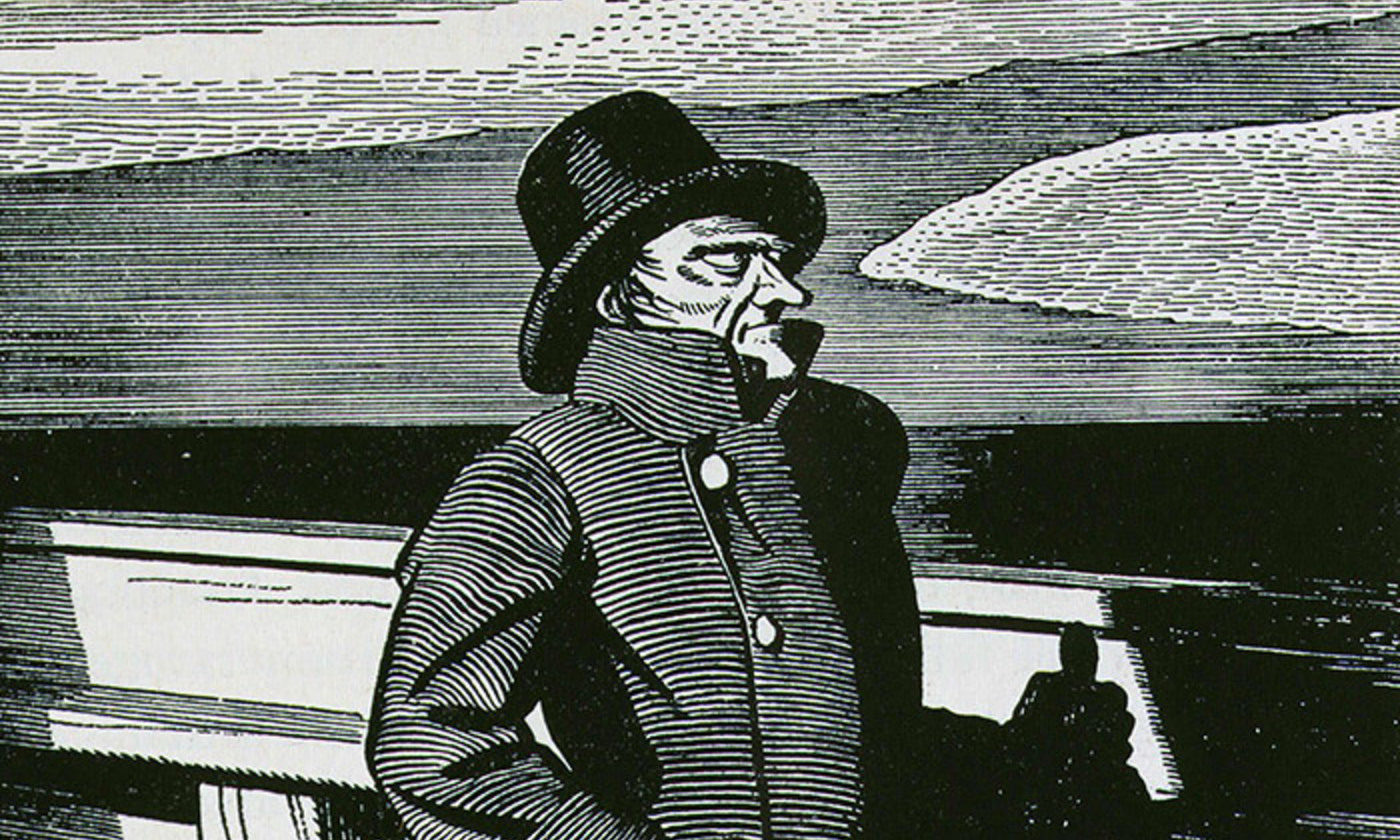OF THE
TIMES
Your teachers in high school won't expect you to remember every little fact about U.S. history. They can fill in the details you've forgotten. What they will expect, though, is for you to be able to think; to know how to make connections between ideas and evaluate information critically.I didn't realize it at the time, but my teacher was giving a concise summary of critical thinking. My high school teachers gave similar speeches when describing what would be expected of us in college: it's not about the facts you know, but rather about your ability to evaluate them.
True happiness is to enjoy the present, without anxious dependence upon the future, not to amuse ourselves with either hopes or fears but to rest satisfied with what we have, which is sufficient, for he that is so wants nothing. The greatest blessings of mankind are within us and within our reach. A wise man is content with his lot, whatever it may be, without wishing for what he has not." ― SenecaLocked in prison by Henry Bolingbroke (Henry IV) in Shakespeare's Richard II, Richard II gives a haunting speech about his hopeless fate. One line stands out, as it captures perfectly, the reality of nearly every human being — indeed, it sounds like it was cribbed from Seneca's On The Shortness of Life. "I wasted time," Richard II says, "and now doth time waste me."


Comment: You can download a copy of "Meditations" by Marcus Aurelius for free, courtesy of Project Gutenberg: Meditations by Emperor of Rome Marcus Aurelius